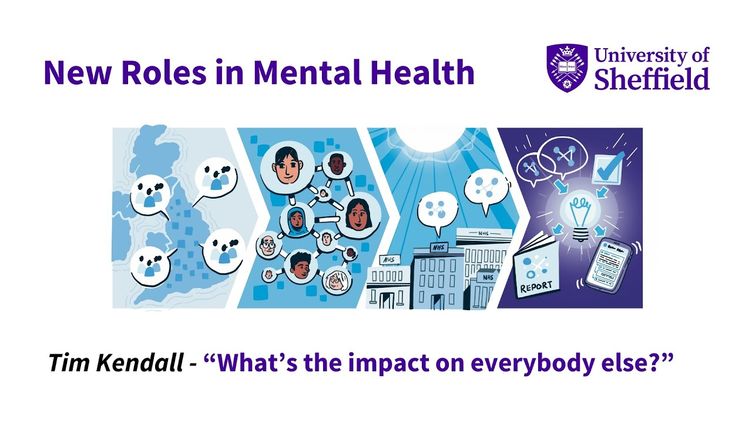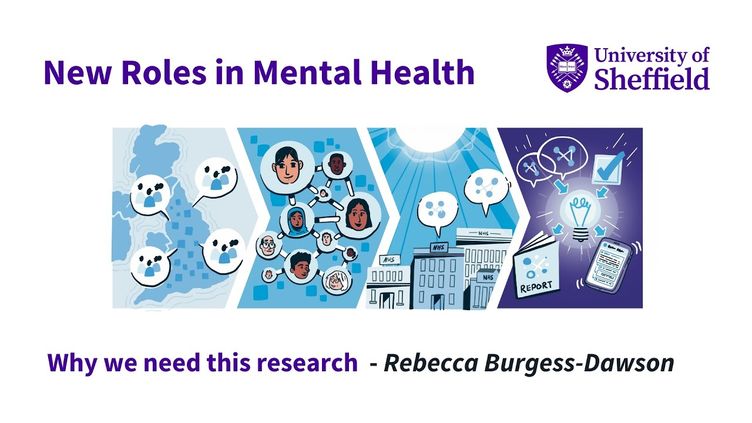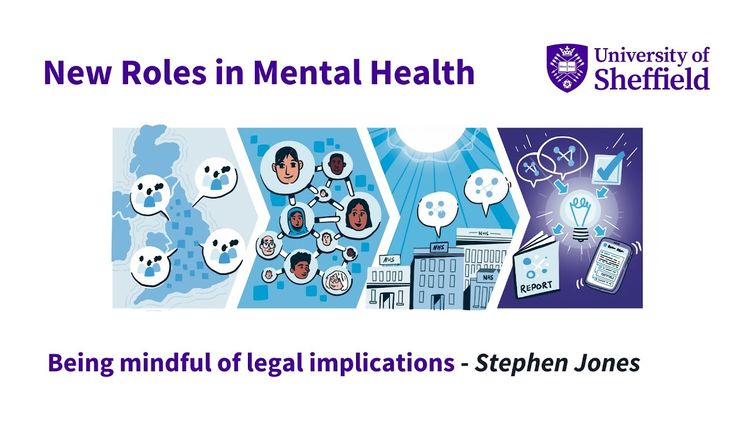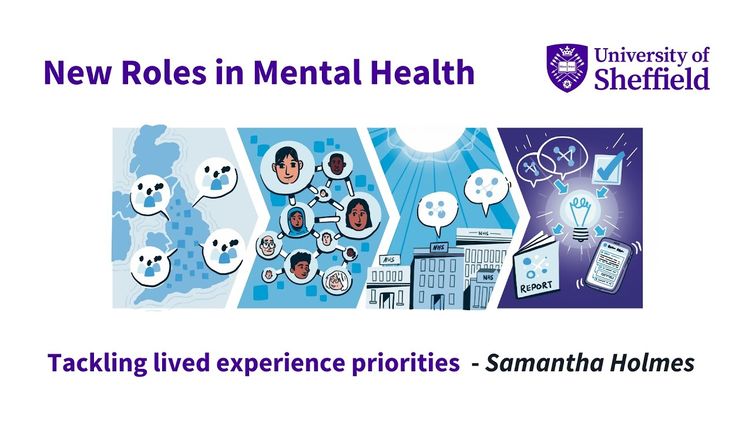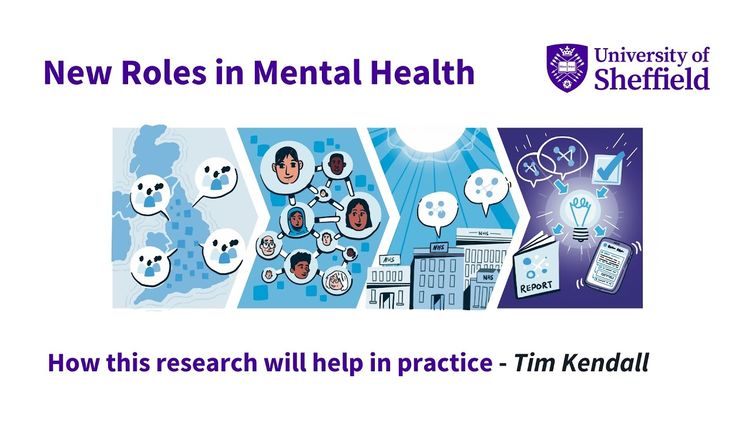The NHS is currently dealing with a workforce crisis, as it faces huge challenges recruiting and retaining a workforce capable of responding to increasing demand for care. This workforce crisis is most acute in mental health services, which suffers from a higher turnover of staff and more vacant positions than the rest of the NHS. At the same time, demand for mental health services has risen significantly in recent years, exacerbated by the mental health impact of the Covid-19 pandemic and ongoing social and economic pressures.
Dr Emily Wood from Sheffield Centre for Health and Related Research (SCHARR) and Professor Damian Hodgson from Sheffield University Management School, with partners in Sheffield Health and Social Care NHS Foundation Trust, South West Yorkshire Partnership NHS Foundation Trust and two other local NHS trusts, have been exploring how new roles in mental health should be introduced to improve care and support staff.
A series of interviews with key stakeholders have been recorded to explain the impact of new roles. The series begins with Professor Tim Kendall, CBE, who highlights why it is important to understand how implementing new roles in mental health services impacts on others working in the system. You can view the videos below.
What’s the impact on everybody else?
Why we need this research
Being mindful of legal implications
Tackling lived experience priorities
How this research will help in practice
You can find out more about the new roles in mental health research by visiting the project webpage or viewing the SCHARR YouTube video series outlining the need for this vital work.


